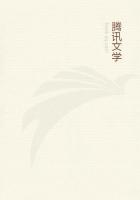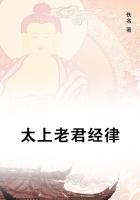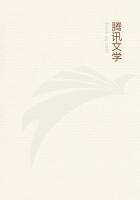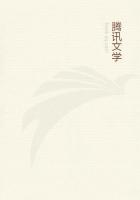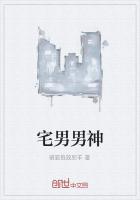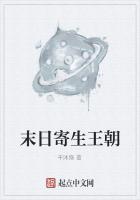I have lost my voracious appetite for books; their language is less plain than scent and song and the wind in the trees; and for me the clue to the next world lies in the wisdom of earth rather than in the learning of men."LIBERA ME AB FUSCINA HOPHNI," prayed the good Bishop fearful of religious greed.I know too much, not too little; it is realisation that I lack, wherefore I desire these last days to confirm in myself the sustaining goodness of God, the love which is our continuing city, the New Jerusalem whose length, breadth, and height are all one.It is a time of exceeding peace.
There is a place waiting for me under the firs in the quiet churchyard; thanks to my poverty I have no worldly anxieties or personal dispositions; and I am rich in friends, many of them unknown to me, who lavishly supply my needs and make it ideal to live on the charity of one's fellow-men.I am most gladly in debt to all the world; and to Earth, my mother, for her great beauty.
I can never remember the time when I did not love her, this mother of mine with her wonderful garments and ordered loveliness, her tender care and patient bearing of man's burden.In the earliest days of my lonely childhood I used to lie chin on hand amid the milkmaids, red sorrel, and heavy spear-grass listening to her many voices, and above all to the voice of the little brook which ran through the meadows where I used to play: I think it has run through my whole life also, to lose itself at last, not in the great sea but in the river that maketh glad the City of God.
Valley and plain, mountain and fruitful field; the lark's song and the speedwell in the grass; surely a man need not sigh for greater loveliness until he has read something more of this living letter, and knelt before that earth of which he is the only confusion.
It is a grave matter that the word religion holds such away among us, ****** the very gap seem to yawn again which the Incarnation once and for ever filled full.We have banished the protecting gods that ruled in river and mountain, tree and grove; we have gainsayed for the most part folk-lore and myth, superstition and fairy-tale, evil only in their abuse.We have done away with mystery, or named it deceit.All this we have done in an enlightened age, but despite this policy of destruction we have left ourselves a belief, the grandest and most ****** the world has ever known, which sanctifies the water that is shed by every passing cloud; and gathers up in its great central act vineyard and cornfield, proclaiming them to be that Life of the world without which a man is dead while he liveth.Further, it is a belief whose foundations are the most heavenly mystery of the Trinity, but whose centre is a little Child: it sets a price upon the head of the sparrow, and reckons the riches of this world at their true value;it points to a way of holiness where the fool shall not err, and the sage may find the realisation of his far-seeking; and yet, despite its inclusiveness, it is a belief which cannot save the birds from destruction, the silent mountains from advertisement, or the stream from pollution, in an avowedly Christian land.John Ruskin scolded and fought and did yeoman service, somewhat hindered by his over-good conceit of himself; but it is not the worship of beauty we need so much as the beauty of holiness.Little by little the barrier grows and 'religion' becomes a RULE of life, not life itself, although the Bride stands ready to interpret, likened in her loveliness to the chief treasures of her handmaid-Earth.There is more truth in the believing cry, "Come from thy white cliffs, OPan!" than in the religion that measures a man's life by the letter of the Ten Commandments, and erects itself as judge and ruler over him, instead of throwing open the gate of the garden where God walks with man from morning until morning.
As I write the sun is setting; in the pale radiance of the sky above his glory there dawns the evening star; and earth like a tired child turns her face to the bosom of the night.

